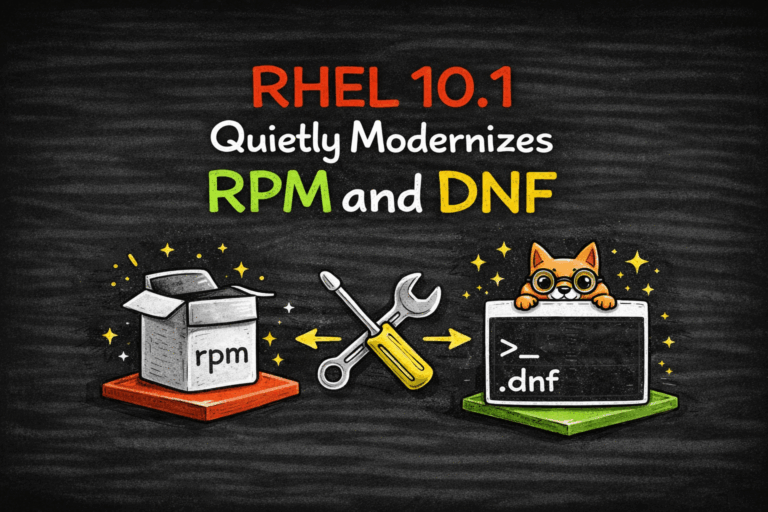
Welcome to our daily briefing on the latest developments in technology.
In today’s edition, Tesla shifts its strategic focus away from mass-market EVs, OpenAI unveils new AI models with advanced reasoning and visual analysis capabilities, and Google faces a major legal challenge in the UK over its dominance in search advertising.
We also cover significant updates from Microsoft, JetBrains, Figma, and the deepin operating system, along with critical news on cybersecurity infrastructure funding in the U.S.
Let’s dive into the headlines.
Table of Contents
🚗 Tesla’s Model 2 Is Dead: Musk Calls Car-Making “Boring”, Execs Couldn’t Stop Him
In early 2024, Elon Musk made a decisive pivot: Tesla is no longer just a car company. While vehicle production will continue, the long-rumored Model 2 — an affordable EV aimed at the mass market — has officially been scrapped.
Musk’s focus? AI-first products like the Robotaxi and humanoid robots. Even after Tesla execs presented internal studies warning about the Robotaxi’s uncertain future — and pushing for a $25,000 crossover SUV for families — Musk dismissed the proposal.
Insiders believe the Model 2 could have sold millions, potentially cushioning financial risks from AI ventures and sharing a platform with Robotaxi. Still, Musk wasn’t interested. As one exec put it: “He just finds making cars boring.”
🧠 OpenAI’s New O3 & O4-Mini Models Can “Think in Images”
On April 16, OpenAI dropped two new models: O3 and O4-mini, continuing the evolution of its reasoning-first AI architecture that started with O1 last year.
These models aren’t just number-crunchers — they solve math, code, and visual reasoning problems with human-like logic. On the AIME 2024 math challenge, O3 scored 91.6% accuracy; O4-mini scored 93.4%. On Codeforces, they landed ELO ratings of 2706 and 2719.
See also: Mastering the Linux Command Line — Your Complete Free Training Guide
They also unlock a new ability: visual reasoning. Upload a sketch, a chart, or a whiteboard photo, and the model can interpret and discuss it. Editing tools like zoom and rotation are also supported — a glimpse into multimodal AI’s growing power.
💰 Google Sued for £5B in UK Over “Near Monopoly” in Search Ads
Google is facing a £5 billion ($6.6B) class-action lawsuit in the UK for allegedly abusing its near-monopoly in online search to drive up ad prices.
Filed April 17, the suit claims Google locked out rival search engines to dominate the market — leaving UK businesses with no real alternative to Google Ads.
“Google’s monopoly status means most UK companies have no choice,” said legal scholar Liza Lovdahl Gormsen, who’s leading the case. “They’re forced to overpay just to show up in search.”
🛡️ CVE Project Gets Emergency Funding After U.S. Budget Cut
After losing U.S. government support, the CVE (Common Vulnerabilities and Exposures) project — a foundational cybersecurity resource — has received emergency funding from CISA to keep running for 11 more months.
CISA made the call Tuesday night but hasn’t guaranteed long-term funding. Options on the table include handing off the database or shutting it down entirely.
For now, the CVE system — used globally to catalog and track security vulnerabilities — gets a temporary lifeline.
📄 Microsoft Edge to Fully Switch to Adobe’s PDF Engine by 2026
Microsoft is accelerating its move to Adobe’s PDF tech in Edge. Starting September 2025, enterprise-managed devices will be required to use the new engine.
Admins can temporarily defer the update using the NewPDFReaderEnabled policy, but by early 2026, the legacy PDF engine will be removed entirely.
🛑 Figma to AI Startup: “Dev Mode” Is Trademarked, Stop Using It
Figma has sent a cease-and-desist letter to Swedish AI startup Loveable for using the term Dev Mode — a name Figma says it trademarked in November 2024.
Figma launched its own “Dev Mode” in 2023 to help designers and developers collaborate. In the letter, the company acknowledged the term’s appeal — then added: “We have to protect our IP.”
👩💻 Dev Tools Roundup
🧩 JetBrains’ Junie AI Now Production-Ready
JetBrains just launched Junie AI, a new agent capable of handling multi-step coding tasks like writing, debugging, and running code. It’s available in IDEs like IntelliJ IDEA Ultimate, PyCharm Pro, WebStorm, and GoLand.
Meanwhile, JetBrains’ AI Assistant gets an upgrade too — now supporting Claude 3.7 Sonnet and Gemini 2.5 Pro, along with multi-file chat.
Junie excels at complex workflows, while AI Assistant shines with quick suggestions. JetBrains says the two tools are built to complement each other.
💻 OpenAI Launches Codex CLI — A Terminal-Based AI Coding Agent
OpenAI also released Codex CLI, a command-line tool that brings its AI models into your local terminal environment.
Codex CLI can read, write, and manipulate code directly from the terminal — even perform tasks like moving files. It’s part of OpenAI’s broader vision of creating “AI software engineers” that can build apps from a spec and handle QA too.
🧬 Deepin 23.1 Is Out — Now with AI-Powered Engine and 100+ Fixes
The Deepin Linux team has released version 23.1, focusing on performance, hardware compatibility, and user feedback. Major highlights include:
- Default AI engine switched to DeepSeek
- Improved installer performance
- Over 100 bug fixes
- Enhanced cross-platform tools
- Kernel and stability updates
The update is designed to offer smoother installation and a better out-of-the-box experience, especially for first-time users.



